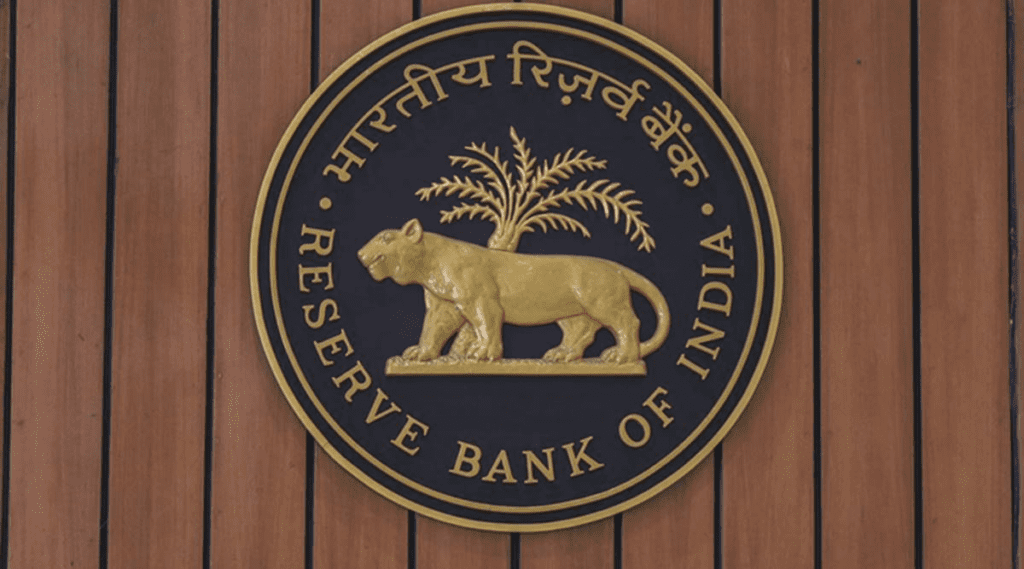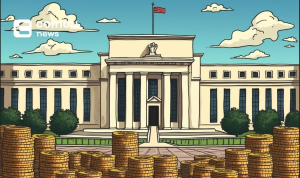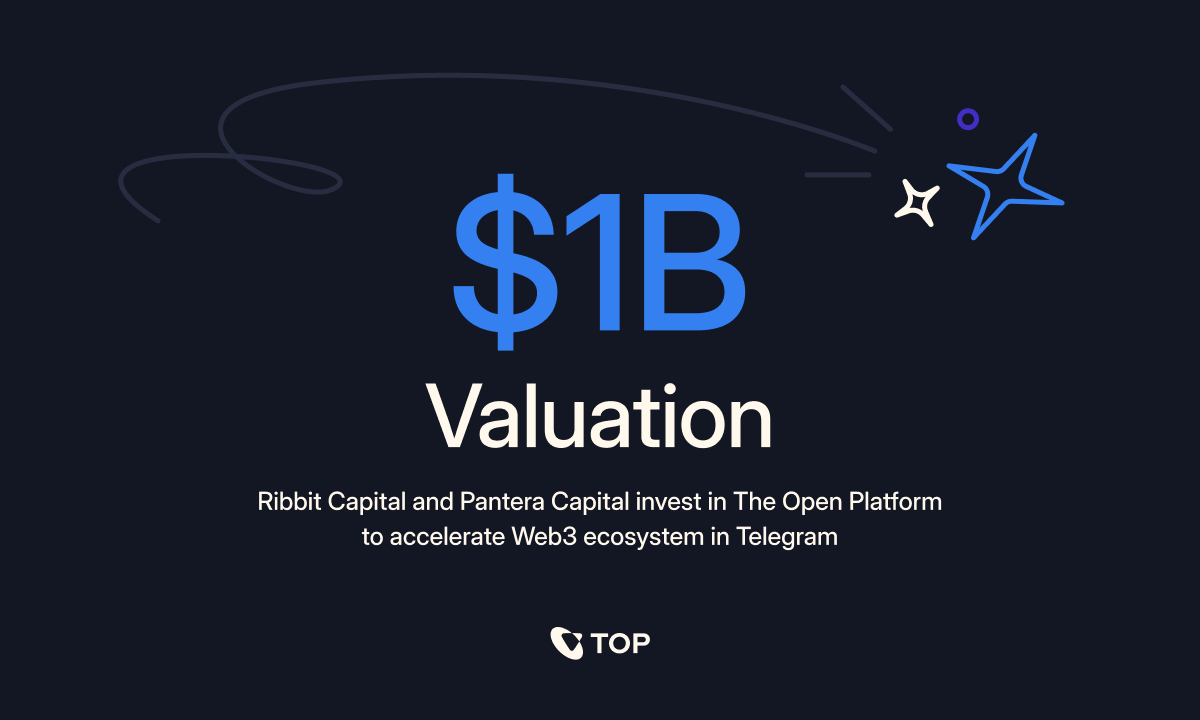Key Points:
- The fiscal year 2023 was significant in that the Reserve Bank of India (RBI) made the initial steps toward implementing the digital rupee.
- The central bank launched Central Bank Digital Currency (CBDC) experiments in wholesale and retail sectors late last year.
- The RBI has now revealed its intentions to expand both pilot programs in the current fiscal year.
According to the Reserve Bank of India’s (RBI) annual report issued on May 30, the central bank plans to extend the pilot for the central bank digital currency (CBDC) in the fiscal year 2023-24.

This year, the central bank intends to add additional use cases and functionality to the national digital currency.
The Digital Rupee – Wholesale pilot in the wholesale sector was started on November 1, 2022, with the use case confined to the settlement of secondary market transactions in government securities.
On December 1, 2022, the retail section trial was started. According to the annual report, the retail e-Rupee has been introduced in denominations of 50 paise, 1, 2, 5, 10, 20, 50, 100, 200, 500, and 2000, whereas the wholesale e-Rupee has no denomination.
According to the report:
“Taking forward digitisation efforts announced in the Union Budget 2022-23, the Reserve Bank introduced its Central Bank Digital Currency (CBDC) in phases during the year, with the launch of pilots for Digital Rupee in the wholesale and retail segments on November 1, 2022, and December 1, 2022, respectively.”
“The pilots were preceded by issuance of a ‘Concept Note’ on CBDC to create awareness about CBDCs in general and the planned features of the digital currency in particular,” the central bank added.
On October 31, 2022, the central bank began the first digital rupee experiment in the wholesale market, with nine banks participating.

State Bank of India, Bank of Baroda, Union Bank of India, HDFC Bank, ICICI Bank, Kotak Mahindra Bank, Yes Bank, IDFC First Bank, and HSBC are among the nine lenders.
The CBDC-Retail pilot is now being suggested to be extended to other locations and to include more partner banks. The Central Bank also wants to increase efficiency in payment processing and settlements via the implementation of CBDCs – both domestic and cross-border – in its Payments Vision 2025.
The RBI CBDC, often known as the e-Rupee or Digital Rupee, is an electronic version of sovereign money. CBDC is defined by the Reserve Bank as digital legal money issued by a central bank. It is the same as a sovereign currency and may be exchanged at par (1:1) with fiat cash.
DISCLAIMER: The information on this website is provided as general market commentary and does not constitute investment advice. We encourage you to do your own research before investing.
Join us to keep track of news: https://linktr.ee/coincu
Harold
Coincu News























